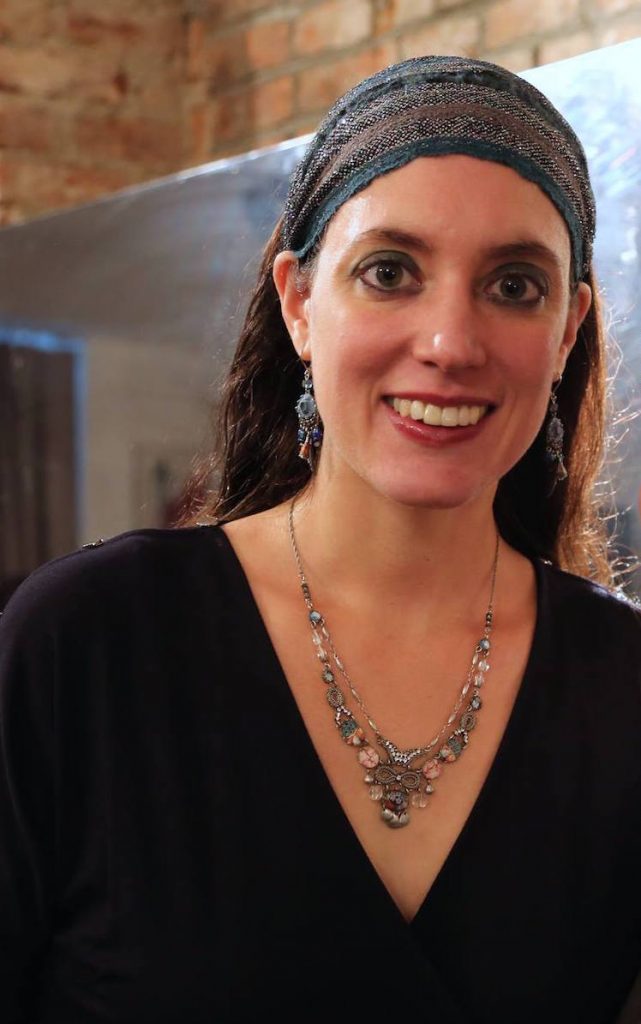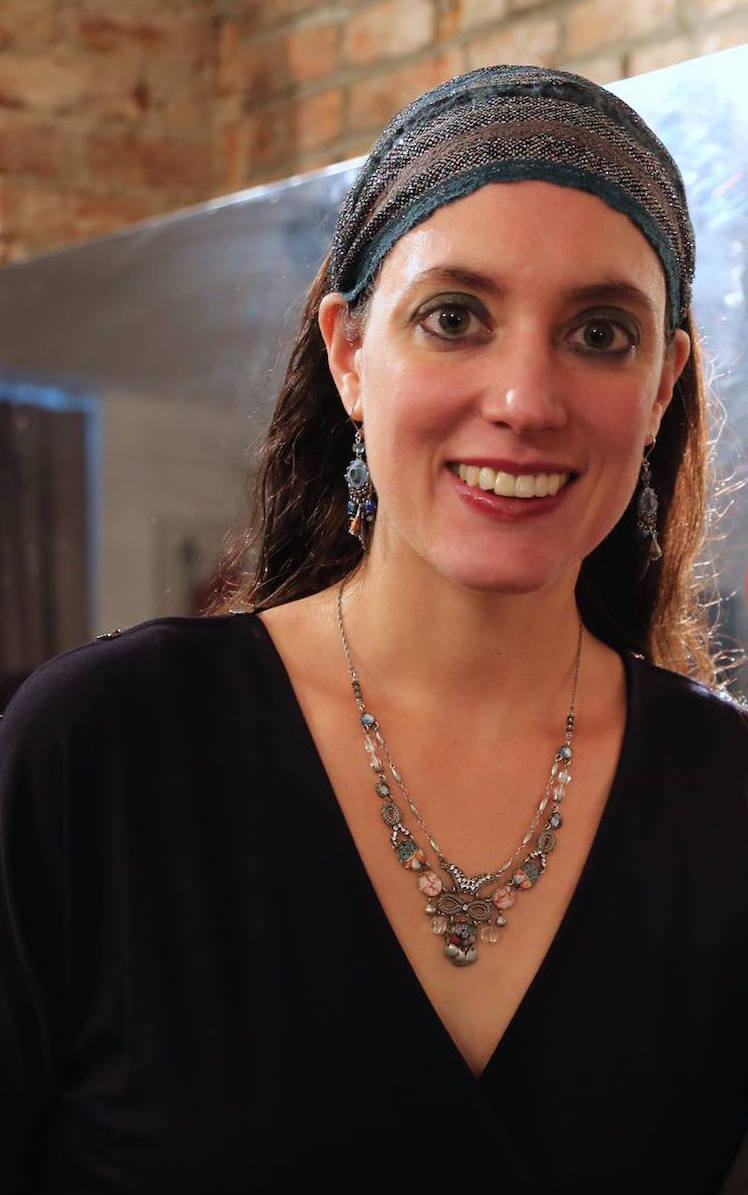Deborah Fishman

Speaking of dinner parties, FED also lives at the heart of the food movement, referenced under the kehillah proposition in the essay. Food is so essential to bringing people together, both in the sense of making them feel cared for, and also in that food breaks down barriers to entry and opens the door to uncommon conversations and interactions. Food makes it possible to relate to human experiences beyond your own frame of reference, as you can connect with foods of different cultures and eras, building curiosity and empathy about the human condition. FED has accomplished this with events such as a seven-course Victorian Era meal to an Afghan Shabbat dinner.
FED is built specifically as an expression of Jewish values such as hospitality, openness, and dialogue. It is my personal vision of an ideal Jewish community. Attendees often express that this is meaningful to them, as they may not have other forms of Jewish community in their lives. Indeed, attendees may never in their lives have experienced Jewish ritual. A Christian, gay couple that attended a Havdalah ceremony that I led at a dinner party in Boston expressed that they had always been interested in Jewish experiences, but no one ever invited them to a Shabbat dinner or holiday meal. FED makes Judaism accessible to people of all backgrounds; moreover, it encourages an exchange of ideas. I am fond of saying that “innovation comes from the periphery,” meaning that it is not people who interact constantly that moves the conversation forward. It is essential to a community’s health and growth to encourage new members to join and bring their ideas to the table. Too often, this is not encouraged in the Jewish community. I strongly believe and strive toward the practice of bringing in new voices — from all religions and backgrounds — to add to and enhance the FED community.
One piece that is very important to FED that I don’t see reflected in the propositions is Jewish arts & culture/tarbut. FED is revolutionary in its focus on exploring and actualizing Jewish creativity. I truly believe that in order for Judaism to thrive in today’s world, it needs to be participatory, and we need to make it our own. From imaginative Purim shpiels to artists performing — such as the Ariel Rivka dance troupe, which will be presenting an Esther-Vashti duet for our upcoming Purim party, or Bible Raps, which performed at a “David and Goliath” themed FED event last Shabbat — FED is an outlet for creative approaches to Judaism. Arts are crucial in that they both give us ownership over the tradition and also bring in and engage people who may be experiencing it for the first time. This reinventing of Jewish culture for our day and age is a process which has happened throughout the millennia and has helped Judaism to survive until the present day. It is also happening at other places beyond FED. One of my favorite examples is JewSalsa, based in Paris, the home of salsa-klezmer mashups and matzah flashmobs.
Community, food, and arts is FED’s recipe for Jewish engagement and meaning-making.
__________________________________________
Deborah Fishman is Director of Communications for The AVI CHAI Foundation and the founder of FED (www.fedsocial.co), where you are fed by delicious food, inspirational ideas, and the creative energy of others at FED. She is a Fellow in the JewVNation Fellowship of the Union for Reform Judaism’s Audacious Hospitality department, a member of the ROI Community, and was previously named one of the “36 under 36” Jews making an impact in the NYC Jewish community by the Jewish Week for her work with network-weaving.


